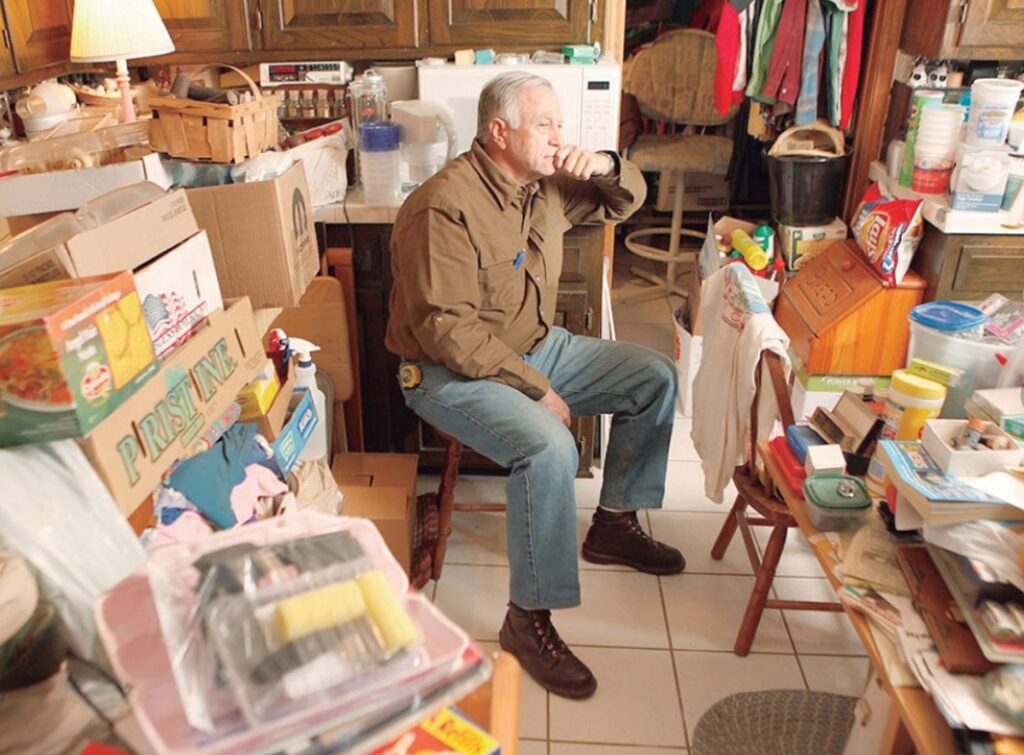When a person has Diogenes syndrome, they may need hospitalization or a home caregiver to help them cope with their symptoms. However, the condition can be treatable and the support of family and friends is vital. This article discusses the symptoms, causes, and treatments for this disorder.
Symptoms of Diogenes syndrome
Diogenes syndrome is a mental health condition that can affect a person without obvious physical signs. The symptoms of this condition often include mania and paranoia. Medications for this disorder can help manage the symptoms. The disorder can also be triggered by certain psychological factors. People with the syndrome may benefit from intensive psychological therapy. They may also benefit from personal care services to help them cope with the symptoms of their disorder.
Social isolation is a risk factor for Diogenes syndrome. People who feel isolated may begin hoarding their possessions and may even become reclusive. Poverty can also increase the risk of developing this disorder. When a person experiences poverty, it can be difficult to purchase the basic necessities needed for life.
source: messi wohnung berlin
Causes
Diogenes syndrome can be a life-threatening condition. The condition is often accompanied by extreme hoarding of things, particularly personal belongings. People with the disorder lose motivation to keep their surroundings tidy and sanitary, and often resort to hoarding behaviors. They may also have an unhealthy appetite, or eat foods that are unclean.
Although Diogenes syndrome is most common in elderly individuals, young people may also develop it. It is believed that high levels of stress may precipitate the disorder in people predisposed to it. A lack of vitamin D and folate has also been linked to the disorder. Serum proteins and albumin levels have also been associated with the disorder.
Diagnosis
Diagnosis of Diogenes Syndrome is challenging due to the complexities of this syndrome. The symptoms are non-specific and are often accompanied by a lack of interpersonal connection. The patient may reject help from family and friends, resulting in a solitary lifestyle. Furthermore, the patient may exhibit a lack of shame over hygiene and the conditions of his or her residence.
Usually, a patient with Diogenes syndrome has a comorbid mental illness. The symptoms of this syndrome are consistent with those of bipolar disorder, schizophrenia, and paranoid personality disorder. Other comorbid conditions include depression and addiction. Diagnosis of this syndrome requires a careful assessment of the patient and his or her environment.

Treatment
There is no specific treatment for Diogenes syndrome, but it can be treated and managed. During the initial diagnosis, a medical provider will document symptoms, review the patient’s medical history, and perform a physical examination. The physician will also check for signs of other behavioral-health conditions that could be causing the patient’s condition.
Diogenes syndrome can strike men and women of all ages. It is most common among older adults living alone. Although the cause of this disorder is unknown, it is often related to another psychiatric disorder.
For more information: https://turbo-entsorgung.de/




